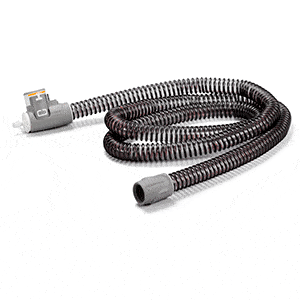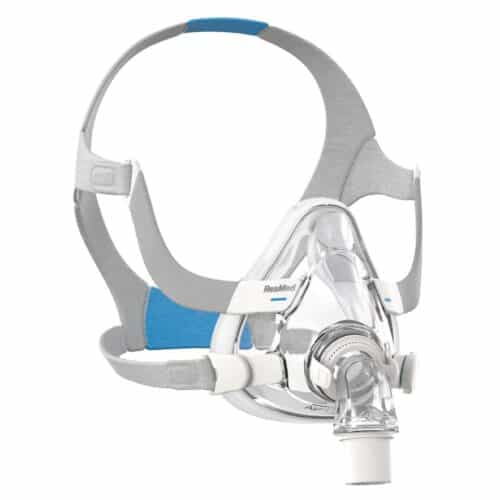Get 10% off your order!
Sign up below for PAP’s Newsletter, and keep an eye on your inbox for a one-time code. Offer not available on sale items.
Whether you’ve been planning for this new bundle of joy for years, or were surprised by The Stork — being pregnant is one of the most exciting (and kinda scary) things that life has to offer. Add in any hidden illnesses, disorders, or diseases, though, and things just went up on the scary meter.
We’re here to ease your mind and talk you through what Sleep Apnea means for you, your pregnancy, and your bump.
Maybe you’ve been hit with morning sickness, maybe your sleep patterns are disrupted, or maybe you’re one of the lucky ones who makes it through their pregnancy easy peasy (good for you!).
If sleep is a struggle now that you’re, you know… sleeping for two, fear not! This is totally normal. According to UT Southwestern Medical Center, “The hormones estrogen and progesterone rise through each trimester. Progesterone specifically stimulates certain receptors in the brain that help drive your breathing and oxygen consumption.
OSA (Obstructive Sleep Apnea) symptoms tend to get worse as pregnancy progresses. Your expanding uterus may restrict lung functional capacity by 20 percent on top of normal reductions typically seen during sleep, and your oxygen consumption increases approximately 20 percent. That means you’ll need to take more breaths per minute at a time when your body should be relaxing.”
Think you may be pregnant and suffering from sleep apnea? If you are having trouble breathing while you sleep, aren’t feeling rested upon waking, or your partner is not-so-subtly hinting at your snoring, an at-home Sleep Apnea Test is the safest, most affordable, and most comfortable option to test for sleep apnea. From home. No Labs.
Fortunately, research has shown that CPAP therapy is a safe and effective way to treat Sleep Apnea while pregnant, reducing risks before, during, and after pregnancy.
Unfortunately, Sleep Apnea goes undiagnosed at a much higher rate in women in general. Pregnant women may be even more likely to go undiagnosed as many signs and symptoms of OSA may be incorrectly attributed to the pregnancy itself, mimicking insomnia related to pregnancy.
Never forget that you are your best Health Advocate. If your doctor isn’t taking your concerns seriously, speak up. If that doesn’t work: it’s time for a new Doc. As always, our Board Certified Sleep Specialists are here to help you in any way possible.
According to a new study presented at the annual meeting of the Associated Professional Sleep Societies, newborns exposed to obstructive sleep apnea (OSA) in utero are at a higher risk of being diagnosed with congenital anomalies. [source]
Further, for mama: sleep apnea during pregnancy can lead to long-term health complications, such as an increased risk of high blood pressure, preeclampsia, gestational diabetes, or premature delivery. OSA also increases the risk of needing a cesarean section (C-section) delivery, having complications with anesthesia, and enduring a longer labor.
In essence, this is something you absolutely do not want to leave untreated. For your health, and for your baby’s.
Because your body is already being taxed more than usual, when breathing at night there is more pressure on your airways than usual. This can lead to such side effects as pregnancy rhinitis and nosebleeds.
As sleep apnea is wont to do, you will likely also experience such fun ill effects of inadequate sleep like mood changes, anxiety, and general fatigue.
While there is little in the way of research on this one, there are abstracts pointing to a clear link between Sleep Disordered Breathing (SDB) and increased risk of miscarriage. One abstract states:
“Miscarriage, defined as the loss of a pregnancy in the first trimester, occurs in one in four pregnancies. In up to half of cases, the cause may be unknown. Risk factors for miscarriage include increased age, increased weight, and a history of polycystic ovarian syndrome, all of which are also risk factors for SDB (sleep disordered breathing).
Since SDB is frequently accompanied by sleep fragmentation and intermittent hypoxemia, we [the authors of the abstract] speculate that these factors may contribute to miscarriage risk. If this is the case, then treatment of SDB may be a possible intervention for subsequent pregnancies.” [source]
But don’t miss that silver lining at the end! “Treatment of SDB may be a possible intervention for subsequent pregnancies” really just means that a CPAP machine could be all the treatment you need to ensure the health and happiness of you and your growing child.
To get started on your sleep apnea diagnosis, renew your CPAP Rx, or ask our team any questions about sleep apnea, CPAP and pregnancy, you can call us at (866) 313-4802, email us at sleeptight@cpaprx.com, or Live Chat with us right on the website.


Sign up below for PAP’s Newsletter, and keep an eye on your inbox for a one-time code. Offer not available on sale items.
SUBSCRIBE TO OUR NEWSLETTER Receive exclusive offers & insightful articles to enhance your sleep.
Search by product name, type or brand.
